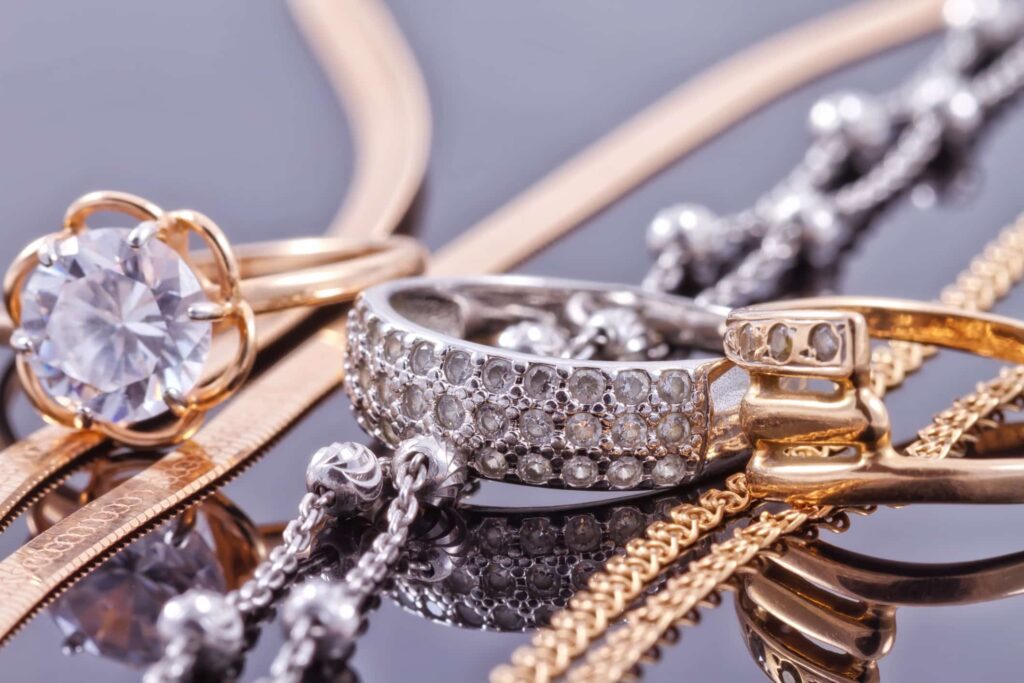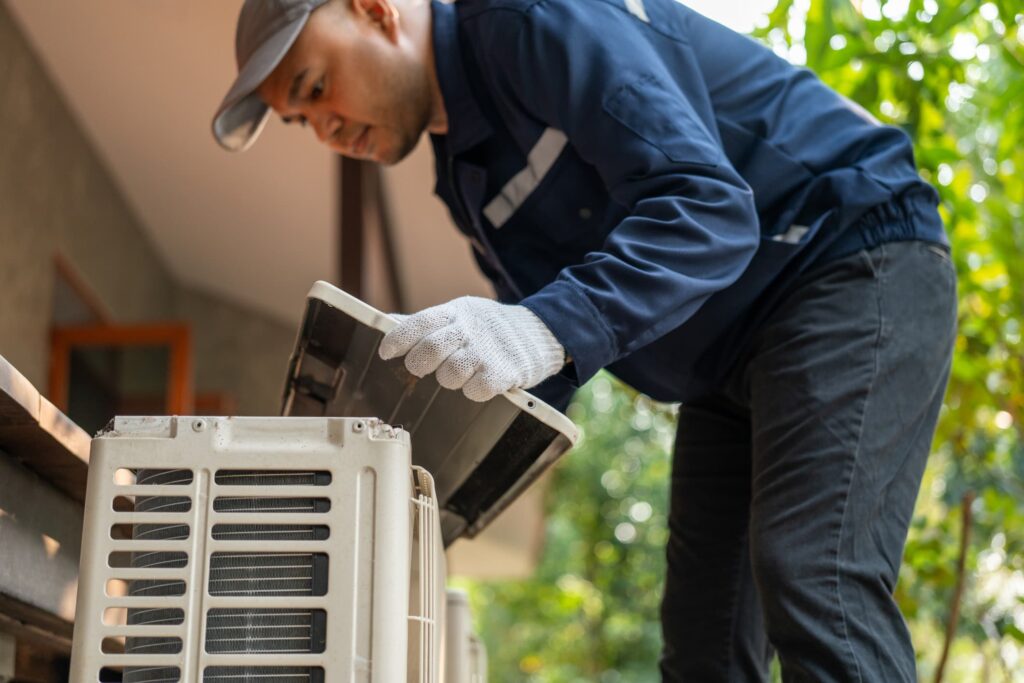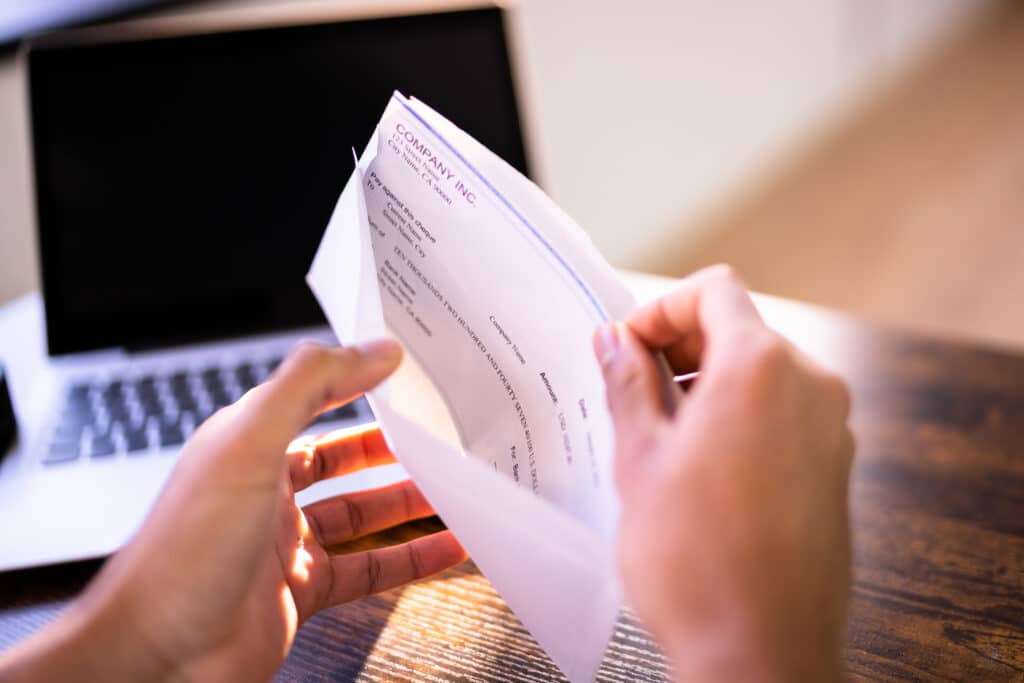Got a necklace you never wear? An ex’s ring you’re definitely not sentimental about now? Good news: that jewelry could be cash in your pocket. But before you trade your treasures for dollars, there are a few smart moves you’ll want to make.
Here’s your easy, friendly guide to selling jewelry for top dollar—without the stress.
1. Know what you’ve got
Before you can sell, you need to know what you’re working with. Check for stamps or hallmarks that show metal content (like 14k gold or 925 silver). Have a diamond? See if it came with any certification—like GIA or IGI—which can seriously boost resale value.
If you’re unsure about the piece, consider getting it appraised. You don’t need to pay hundreds—a local jeweler might do it for free or a small fee.
2. Clean it up
Sparkly sells. Give your jewelry a little refresh before listing it or showing it to buyers. For most metals and stones, a mix of warm water, mild soap, and a soft toothbrush will do the trick. Avoid anything too harsh—especially if you’re not sure what you’re cleaning.
Bonus: clean pieces photograph better, which helps if you’re selling online.
3. Choose the best place to sell
Where you sell makes a big difference in how much you’ll get. Here are your main options:
- Local jewelers or pawn shops – Fast cash, but often lower offers.
- Online marketplaces – Sites like eBay, Etsy, or Facebook Marketplace give you more control, but you’ll need to write good listings and take great photos.
- Specialty platforms – Services like Worthy or The RealReal handle appraisal and resale for high-end items, sometimes through auction.
- Consignment shops – They’ll do the selling for you and take a cut. It might take longer, but it’s hands-off.
Choose based on how quickly you want to sell, how much effort you want to put in, and the value of your piece.
4. Set a realistic price (but leave wiggle room)
Use that appraisal and a little internet sleuthing to figure out a fair market price. Keep in mind: resale value is usually lower than original retail, but that doesn’t mean you can’t get a great deal.
If you’re listing it yourself, set the price a little high so you’ve got room to negotiate.
5. Be ready to negotiate
Spoiler alert: everyone wants a deal. Have a minimum price in mind and be willing to walk away if someone lowballs you. You’re not being rude—you’re being a smart seller.
Pro tip: If you’re selling online, watch out for scammy offers or too-good-to-be-true buyers. Trust your gut.
6. Play it safe when meeting up
If you’re meeting a buyer in person, choose a safe, public place—many police stations even offer “safe trade zones.” Bring a friend if it’s a high-value item, and skip any deals that feel sketchy. Your safety is worth more than a quick sale.
TL;DR: how to cash in on your old jewelry
- Know what you’ve got (hallmarks, appraisals, certifications)
- Clean it up before you sell
- Pick the best platform for your item and timeline
- Set a price that’s fair but flexible
- Be ready to negotiate
- Stay safe when you’re selling
Brigit does not provide personalized financial, investment, or legal advice. This content is for general informational purposes only and should not be relied upon as financial advice.










